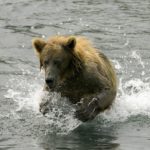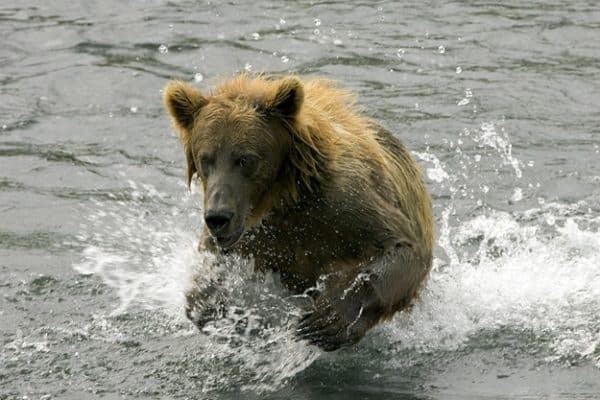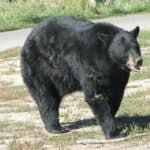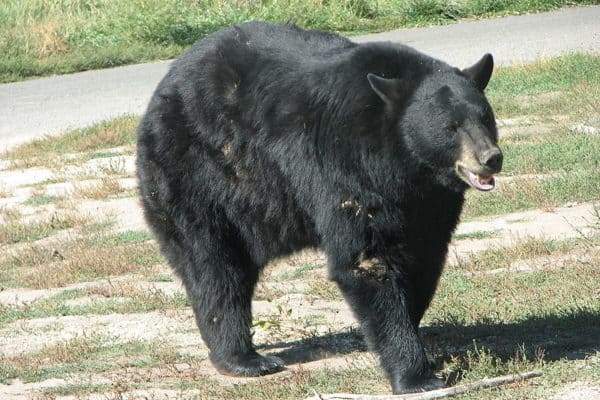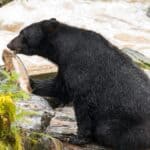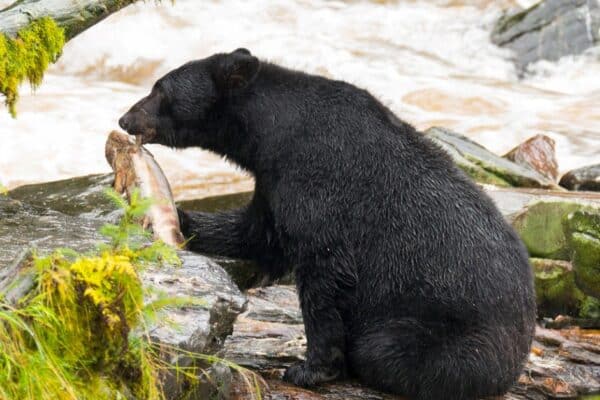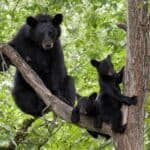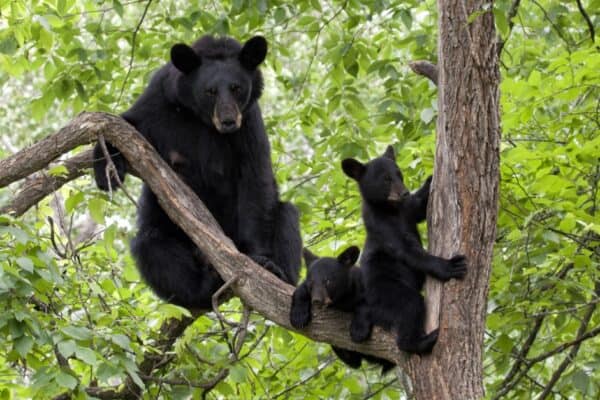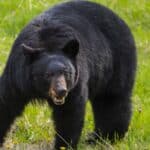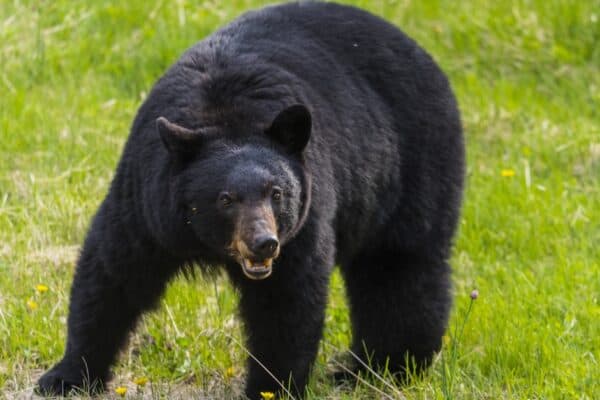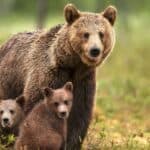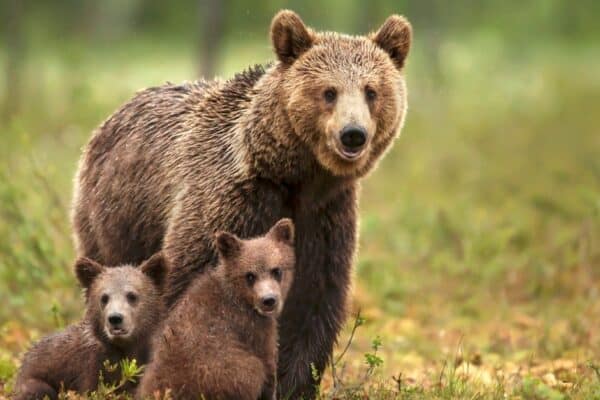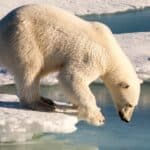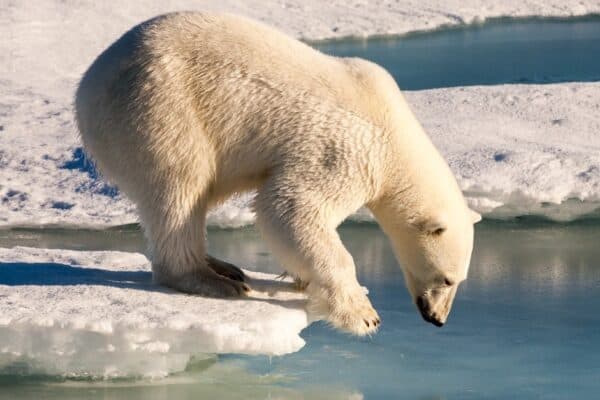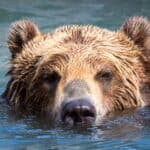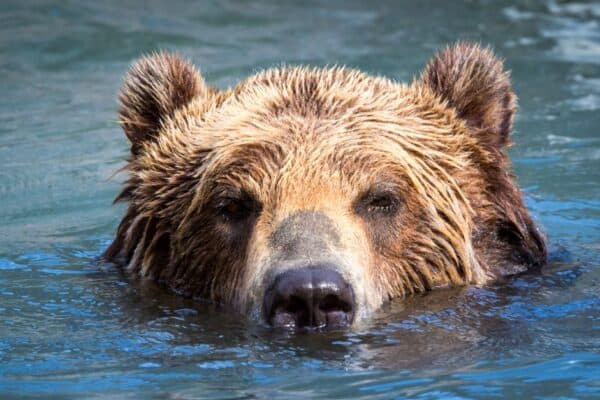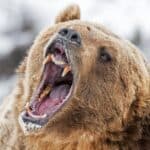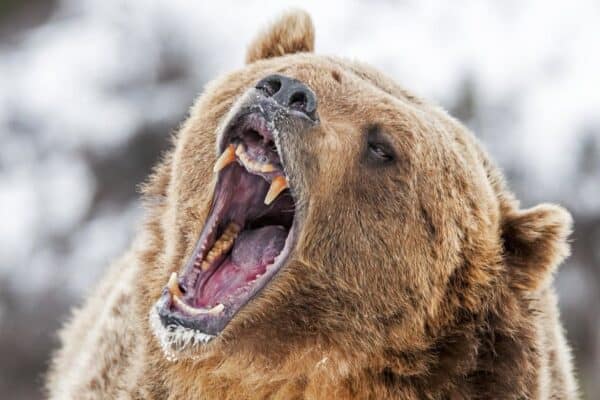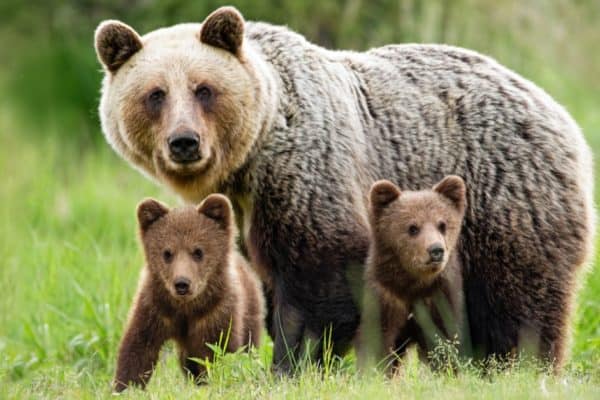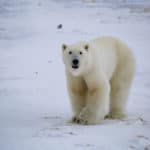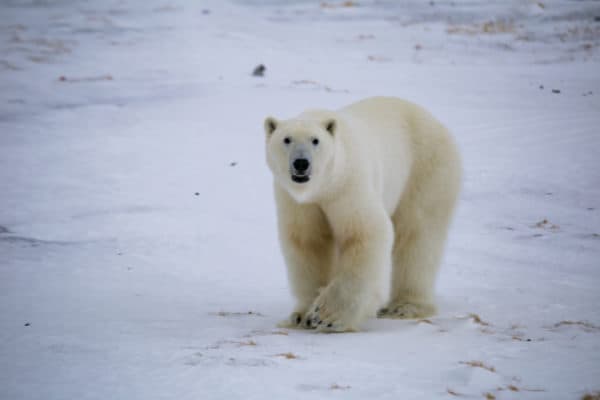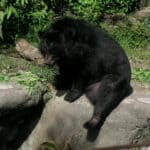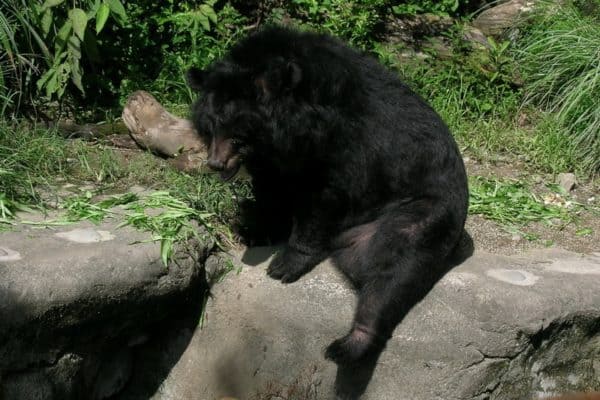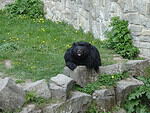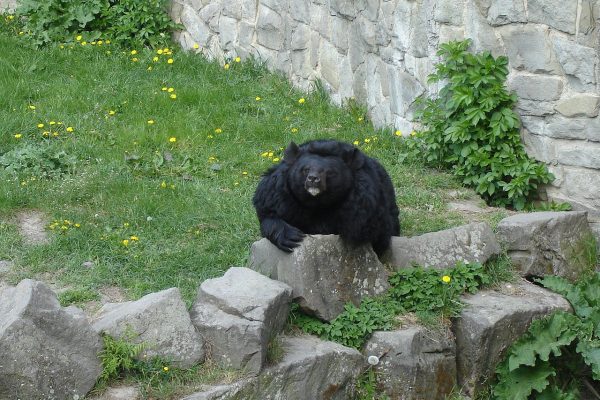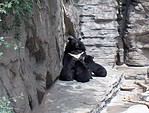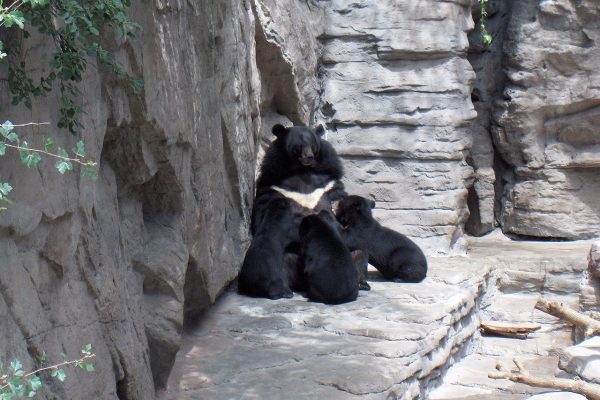Welcome to the Bear Quiz! Are you a bear enthusiast or just curious about these fascinating creatures? Either way, this quiz will test your knowledge of bears and their unique characteristics. From their habitats to their diet and behaviors, bears are one of the most diverse and adaptable species on the planet.
So let’s get started and see how much you know about these amazing animals!
Lifespan of Bears
Bears have a relatively long lifespan compared to other mammals of similar size. The average lifespan of a bear in the wild ranges from 15 to 20 years, while captive bears have been known to live up to 30 years or more.
The lifespan of a bear depends on various factors, such as species, habitat, and access to food and medical care. For example, polar bears have a shorter lifespan in the wild due to the harsh Arctic conditions, while captive polar bears have been known to live up to 40 years. On the other hand, brown bears have a longer lifespan in the wild due to their ability to adapt to various environments and their varied diet.
The lifespan of a bear also depends on factors such as disease, predation, and human conflict. Bears are vulnerable to diseases such as mange, which can cause severe skin infections, and bears can also contract diseases from other animals. In addition, bears are often hunted for their fur, meat, and other body parts, which can shorten their lifespan.
Bear Behavior
Bears are intelligent and complex animals with a range of unique behaviors that have evolved over time to help them survive in their habitats. Some of the most notable behaviors of bears include:
- Foraging: Bears are opportunistic feeders and will eat a variety of foods, including berries, roots, insects, and small mammals. They have an excellent sense of smell and can detect food from over 20 miles away.
- Hibernation: Some species of bears, such as the black bear and the brown bear, hibernate during the winter months to conserve energy. During hibernation, their heart rate, breathing, and body temperature slow down, and they can survive without food or water for several months.
- Play: Despite their reputation as fierce predators, bears are playful animals and have been observed engaging in a variety of play behaviors, such as rolling, climbing, and wrestling with each other. These behaviors help to build social bonds and improve their physical skills.
- Denning: Bears construct dens in which they can sleep, raise their cubs, and escape from danger. They will dig a shallow hole or find a suitable cave or hollow tree in which to make their den.
- Communicating: Bears communicate with each other through a range of vocalizations, including growls, roars, and grunts. They also use body language and scent marking to communicate their territory and dominance.
- Marking territory: Bears have a strong sense of territoriality and will mark their territory with urine, feces, and claw marks on trees. This helps to prevent conflicts with other bears and to establish their dominance.
Additionally, the behavior of bears is complex and adaptive, and is influenced by a range of environmental and genetic factors. Understanding bear behavior is crucial for effective conservation and management of these magnificent creatures.
5 Bear Facts
Bears are fascinating and unique creatures that have captured the imagination of people for centuries. Here are 5 fascinating facts about bears:
- Diversity of species: There are 8 species of bears found across the world, including the polar bear, brown bear, black bear, and panda bear. Each species has its own unique adaptations and behaviors that allow them to thrive in their habitats.
- Excellent senses: Bears have an excellent sense of smell and can detect food from over 20 miles away. Their sharp hearing and eyesight also help them to locate food and avoid danger.
- Omnivorous diet: Bears are omnivores and feed on a variety of plants, insects, and small mammals. They are opportunistic feeders and will eat anything that is available to them, depending on the season and location.
- Excellent climbers and swimmers: Despite their large size and strength, bears are excellent climbers and swimmers. Some species, such as the black bear, are known to climb trees to escape danger or to find food, while others, such as the polar bear, are strong swimmers and divers.
- Social behavior: While bears are generally solitary animals, they can form social bonds with each other, especially in areas with a high density of food. Cubs will stay with their mother for up to 2 years and will learn important skills, such as foraging and territory marking, during this time.
Finally, these 5 bear facts are just a small glimpse into the fascinating and diverse world of bears. From their habitats to their diet and behaviors, bears are one of the most adaptable and fascinating species on the planet.





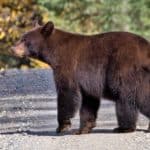
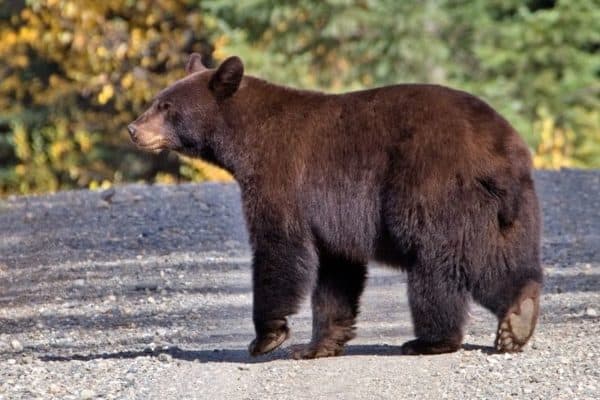
 Alan D. Wilson, CC BY-SA 3.0, via Wikimedia Commons
Alan D. Wilson, CC BY-SA 3.0, via Wikimedia Commons